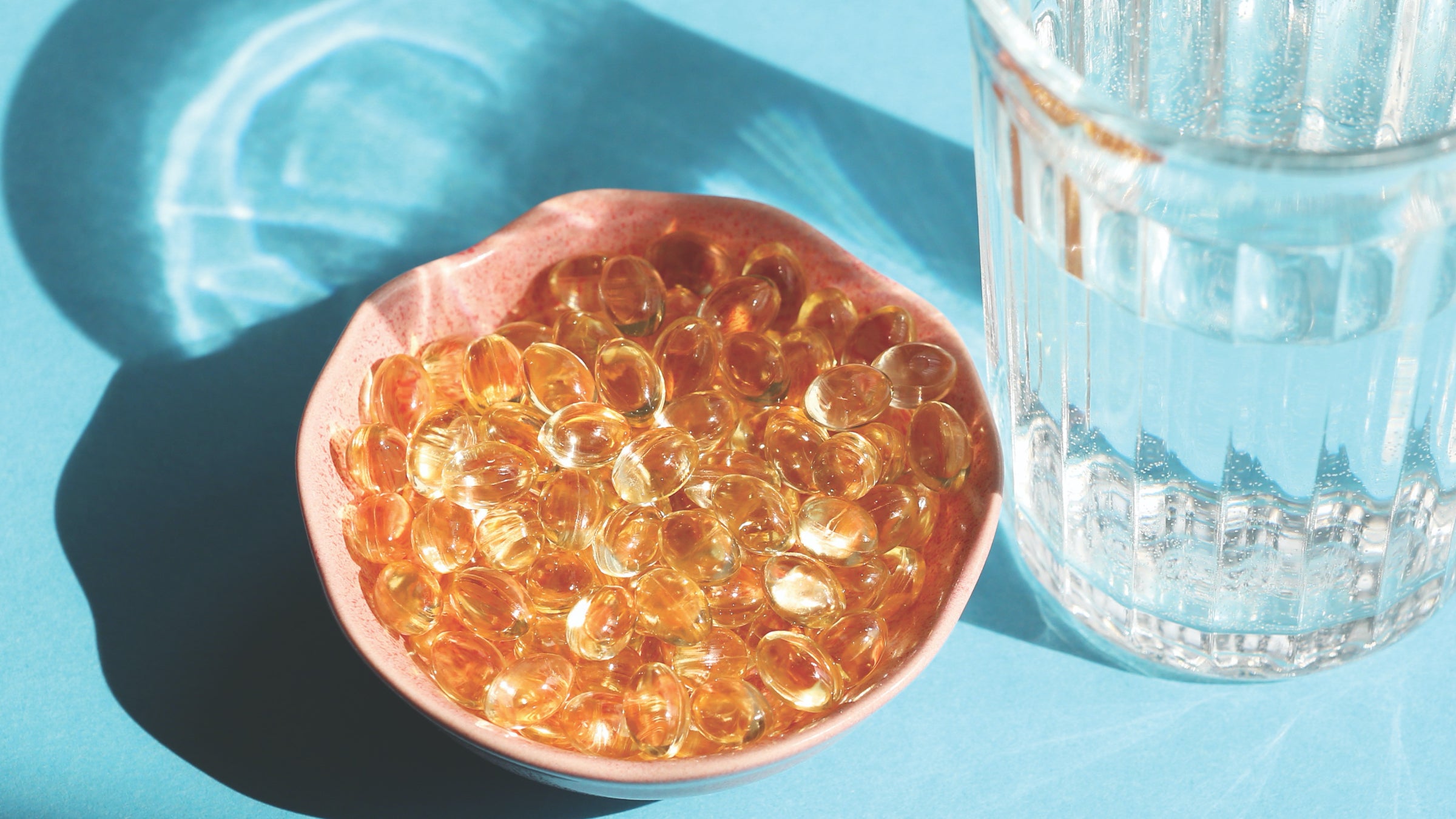Ask Stacy: Should I Take Supplements?

(Photo: Getty Images)
Should I be taking supplements? What factors should I consider?
The endurance sports world is full of supplements promising to make you fitter, faster, and stronger than ever before. We see a top pro using a certain supplement and suddenly we wonder if we should be taking it too. While there are benefits to some of them, it’s important to ask the right questions before bulk buying and blindly popping pills. The first question I’ll often ask athletes doesn’t have anything to do with supplements, but rather: “Do you have all of your basics dialed in?” And by that, I mean, is your sleep, training, recovery, and nutrition all on track? If they are not, then those are the key areas to focus on improving first; supplements are, well, supplemental. If you do have all of these things dialed, then yes, let’s look at adding in supplements that can help boost your training capacity.
When you do a quick search on the top supplements to boost endurance perfor-mance, a plethora of suggestions come up: beet juice, beta-alanine, caffeine, cordyceps, creatine, protein, glutamine, branched-chain amino acids (BCCAs). There are quite a few issues with the generalized approach to the efficacy of these supplements. First and foremost, as highlighted by recent studies, the bulk of the research on supplements has been done on men and then generalized to women. A recent paper in the Inter-national Journal of Sport Nutrition and Exercise Metabolism found that beta-alanine, caffeine, and nitrates have no consensus on dosages, timing, or efficacy for women, but there is a small amount of evidence that beta-alanine may lower rate of perceived exertion (RPE) to enhance training loads and exercise duration. Secondly, regardless of sex, recommendations are typically based on data in temperate or cool conditions, and it is well known that physiological responses are more challenged as temperature and humidity increase. With the northern hemisphere coming into hotter months, the supplements you use to improve your performance might actually have a negative effect in the summer.
Let’s take caffeine as an example. Most endurance athletes swear by well-timed caffeine intake to give them a boost during training or racing. There is ample evidence to show that caffeine does help in cool or neutral temperatures, primarily because caffeine increases the amount of circulating dopamine, which reduces the feelings of fatigue and exertion. But a side effect of this increased dopamine in the brain is an increased core temperature—and racing in the heat already has its limits with a rise in core temperature and needing to offload heat. Many also reach for beet juice (nitrates) to lower the metabolic cost of exercise (dropping blood pressure and improving oxygen utilization by the muscles). Yes, again, this works well in cool or neutral temperatures, but in the heat, the body relies heavily on vascular control to shift blood from deep in the body to the skin’s surface to offload heat—and the evidence for nitrate supplementation providing a boost in hotter weather is not there. Amino acids, however, have been shown to work in the athlete’s favor in the heat, particularly taurine. Taurine is known to increase sweating onset and sweat rate, as well as improve vasodilation, all of which improve the body’s ability to thermoregulate.
In short, before you jump onto the newest supplement trends, take a step back and ask yourself how and why you think you should supplement, and if there is evidence to show that it will work for you specifically. Also ask yourself if your major events are going to be in the heat and how that might change how the supplement works.